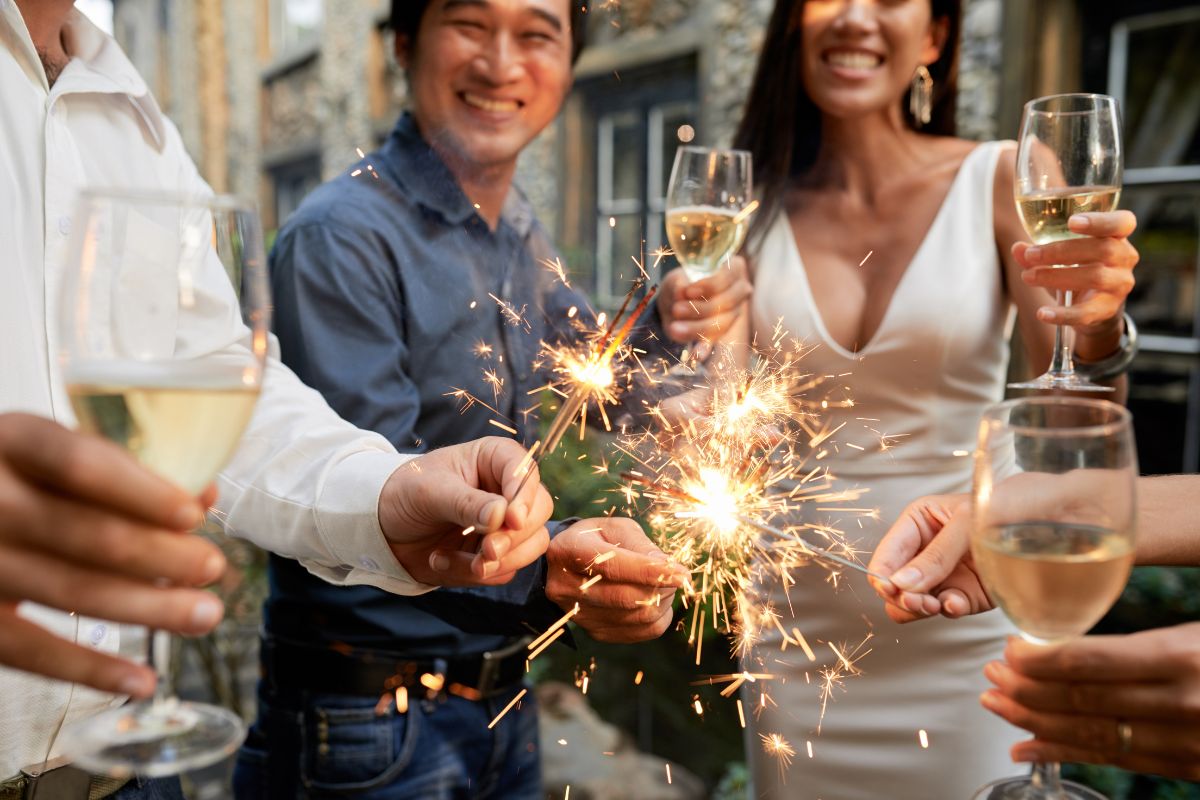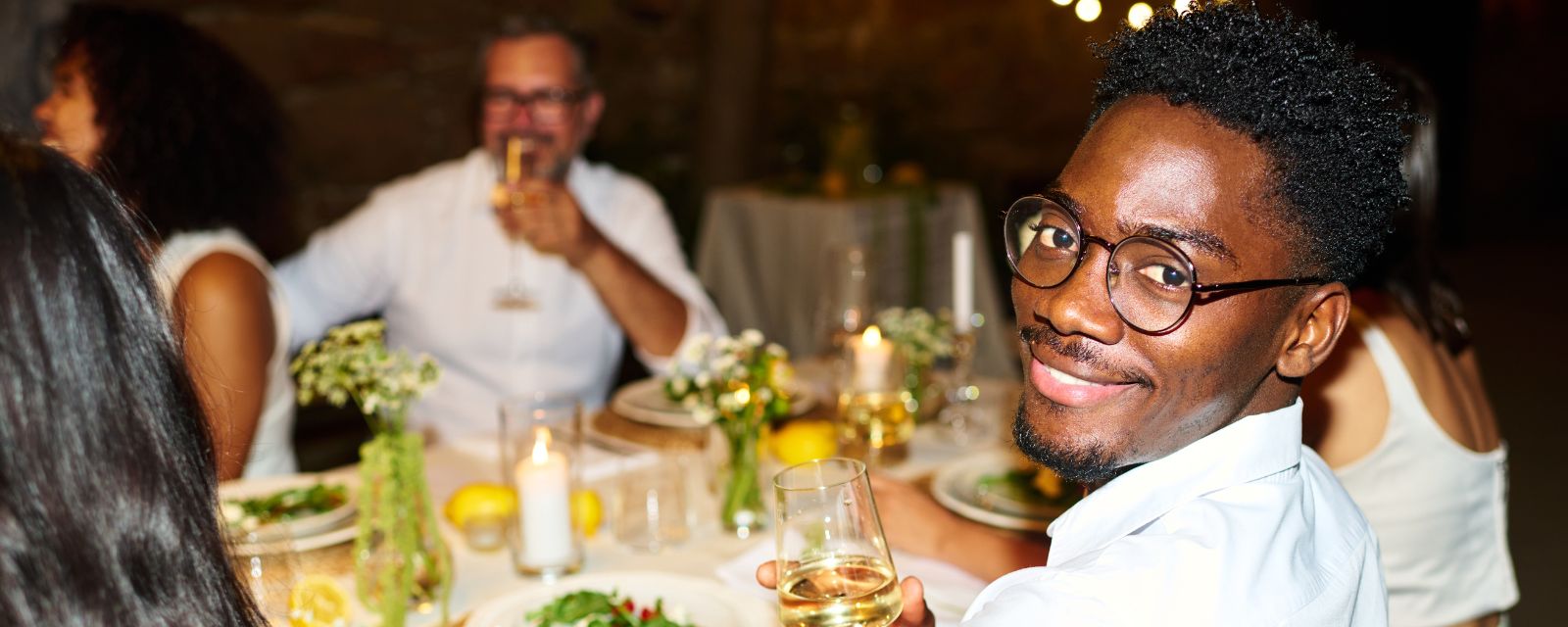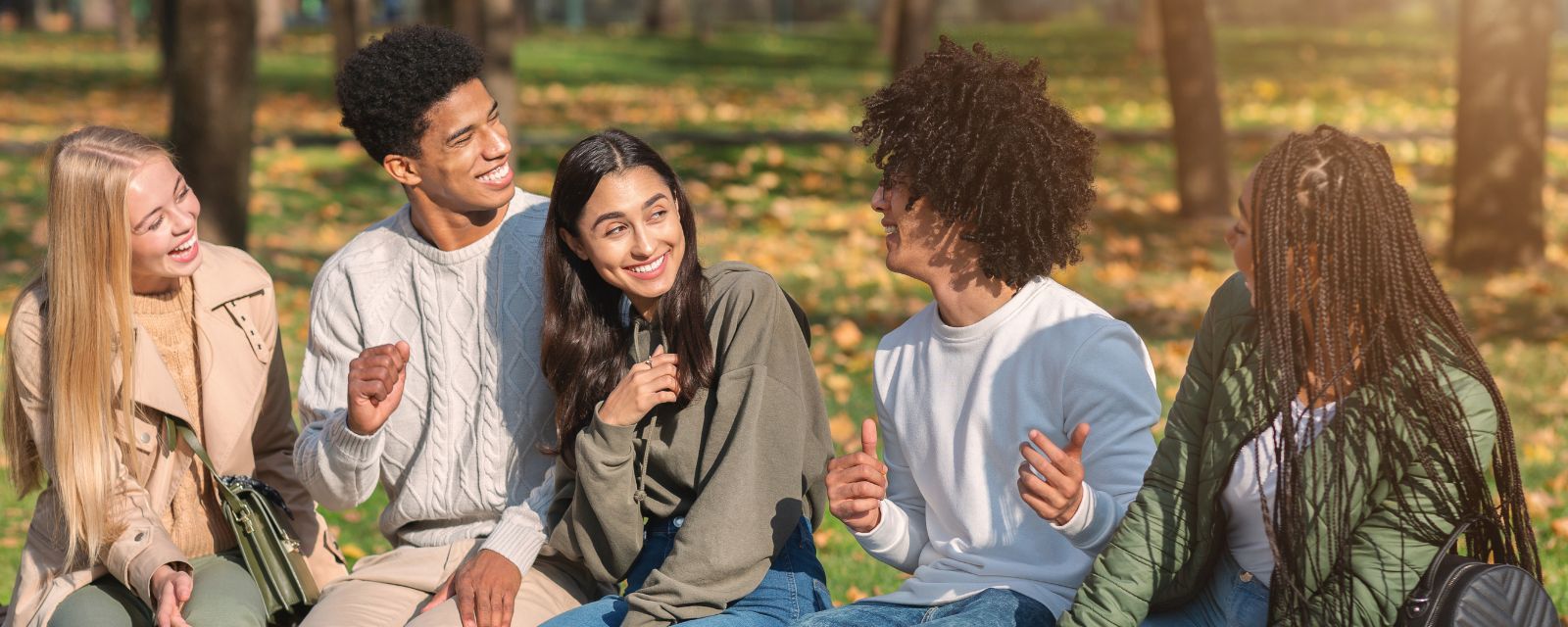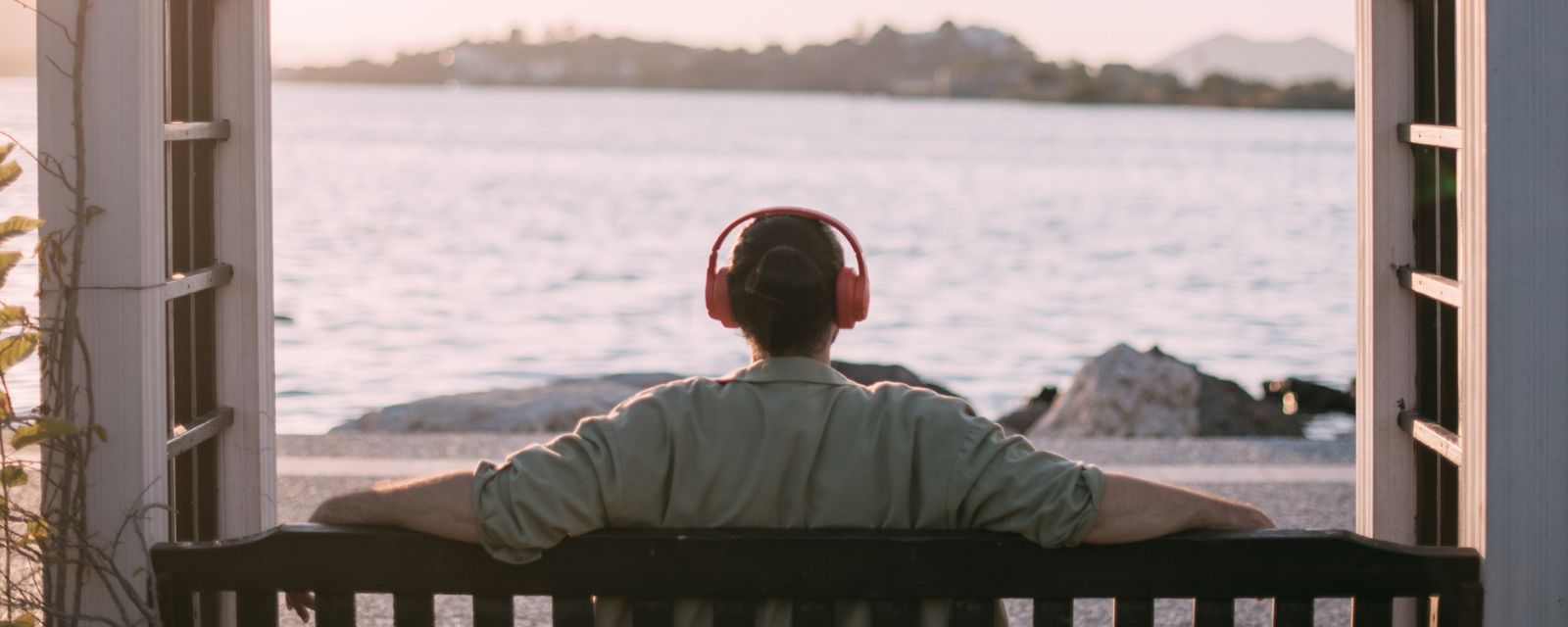Getting Through Wedding Season Alone: Finding Confidence, Boundaries, and Belonging
Wedding season can stir up a mix of complicated emotions, especially if you’re attending solo. There’s a particular kind of pressure that arises when everyone around you seems to be pairing off. Add in pastel place cards, first dances, and endless toasts to love, and suddenly going solo can feel more vulnerable than empowering.
But showing up alone doesn’t have to mean feeling lonely.
The Weight of “Everyone Else is Getting Married”
If you’ve ever felt inadequate or isolated during the wedding season, you’re not imagining it. Nowhere is it more present than at weddings where all the traditions from seating charts to speeches center around romantic love. Social expectations around weddings often reinforce the idea that romantic coupling is the ultimate life milestone. Weddings can be emotionally charged for single individuals, not only due to personal experiences but also external social scripts that suggest your life is incomplete without a partner.
But being single isn’t a problem to fix. It’s a life stage, or even a lifelong decision, that holds as much validity, richness, and meaning as being in a partnership. Showing up alone can be a declaration of wholeness rather than a deficit.
The Ritual of Celebrating Love
Sociologists Carter and Duncan (2016) write about the “wedding paradox”: how weddings often become sites of both individual expression and social conformity. Couples today strive to personalize their “perfect day,” yet the rituals themselves still reinforce deeply entrenched norms around marriage and monogamy.
As a single guest, you might feel like a silent outsider to those norms—or worse, like you’re expected to play along. Maybe it’s pressure to catch the bouquet, explain your relationship status to distant relatives, or field assumptions about when it’ll be “your turn.”
By understanding the historical and cultural roots of various wedding customs, you can choose which traditions truly align with your values and vision, rather than feeling pressured to meet every expectation. When your choices are intentional, your celebration becomes more authentic and personally meaningful.
Remember: you don’t owe anyone an explanation for your singleness. You don’t need to feel ashamed of it. And you certainly don’t have to let one day define your worth.
Boundaries Are Your Best Friend
In Set Boundaries, Find Peace, therapist Nedra Glover Tawwab reminds us that “boundaries are the gateway to healthy relationships.” That includes the relationship you have with yourself. Setting boundaries during wedding season might look like:
- Saying no to events you can’t afford - financially or emotionally.
- Declining a plus-one if you don’t want to scramble for a date.
- Skipping certain traditions (like the bouquet toss or garter game) that make you uncomfortable.
- Preparing a short, neutral response for intrusive questions (“I’m focused on enjoying today.”)
Boundaries aren’t about shutting people out. They’re about creating the space you need to show up fully and intentionally where it matters most.

Tips for Attending Weddings Alone (and Actually Enjoying It)
If you’re choosing to attend solo, here are a few ways to shift from anxiety to empowerment:
- Plan an arrival strategy: Give yourself time to ease in. Take a deep breath, scan the room, and approach someone you recognize or a group you can join. You belong there.
- Dress for yourself: Wear something that makes you feel comfortable and powerful, not just what fits the theme.
- Connect with intention: Use this as an opportunity to meet new people. Weddings bring together all kinds of folks, not just couples.
- Build in solo downtime: If you’re traveling, give yourself some post-wedding hours or a day to do something that’s just for you.
- Anchor yourself: Before heading in, remind yourself: I’m not here to perform my relationship status. I’m here to celebrate love, and that includes my own.
It's OK to Say No
Lastly, know that you’re allowed to opt out of wedding season, or parts of it. If attending a wedding will impact your well-being, it’s okay to send your regrets. Your peace is more important than protocol. As Tawwab reminds us, “Saying no can be an act of self-love.”
Final Thoughts
Attending weddings alone can be hard, but it’s also a chance to redefine your relationship with yourself. It’s a statement that you are enough, as you are. Love is worth celebrating in all its forms whether it’s romantic, platonic, familial, or the love you show yourself.
So whether you RSVP yes or politely decline, do it on your own terms. Walk in (or walk away) with your head held high.
You’re not missing out. You’re showing up for you.
References:
- All My Friends Are Getting Married, What About Me?
- Carter, J., & Duncan, S. (2016). Wedding paradoxes: Individualized conformity and the ‘perfect day’. The Sociological Review, 65(1), 3-20.
- Set Boundaries, Find Peace by Nedra Glover Tawwab
All material provided on this website is for informational purposes only. Direct consultation of a qualified provider should be sought for any specific questions or problems. Use of this website in no way constitutes professional service or advice.




